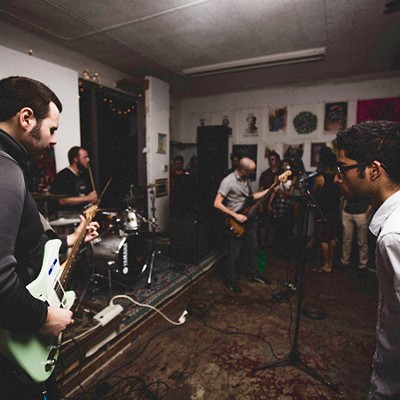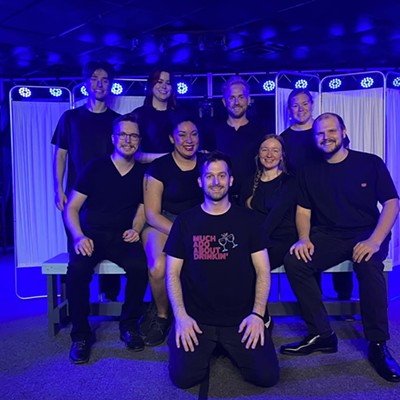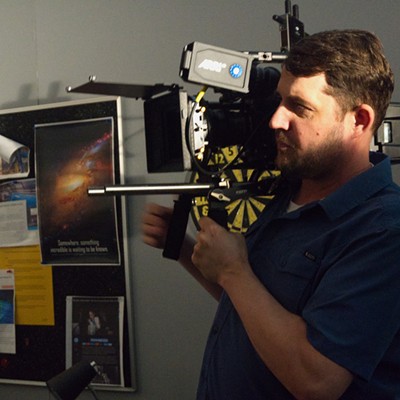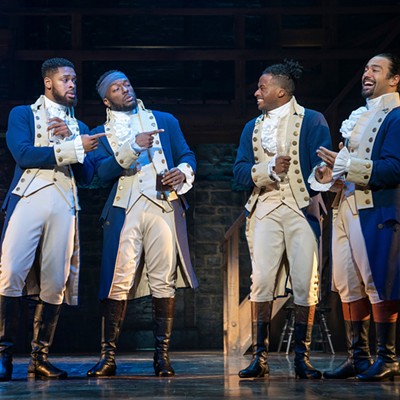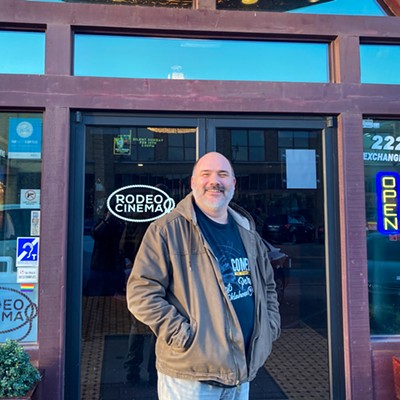Exploring the history of presidential assassination in America, Stephen Sondheim's musical "Assassins" takes a closer look at the men and women behind the gun "? those who succeeded and those who failed "? from John Wilkes Booth to John Hinckley Jr., to gain insight into their motivations and their legacy.
Oklahoma City University production director Jonathan Beck Reed, explained that unlike other pared-down, minimalist performances in the university's "Spotlight" series, "Assassins" needed sets and costumes.
"It's really important because we know these people and what they look like," Reed said. "I was able to cast the show with people that look a lot like these notorious characters, and they'll be standing right there in front of you."
RESEARCH PAPERS
Through his mantra for the actors, "Don't judge, justify," Reed encouraged the players to avoid coloring dialogue and delivery with commentary. To this end, he had them write research papers on their characters, which were shared with the entire cast, giving everyone a deeper understanding of the personal motivations and historical context for each of the assassins.
"I want them to, as best they can, come up with a motive," he said. "In some cases, there's no motive that exists. But you have to have a strong idea for why the person is doing what they're doing. Otherwise, you're just playing a cardboard cutout of a villain."
While all the assassins share a bloody intent, their motivations differ greatly from person to person.
"In the case of John Wilkes Booth, he really believed that he was a patriot "? that he was doing what was best for the county," he said. "But there are other guys, like Sam Byck, who was just a lunatic. Giuseppe Zangara had a pain in his stomach. He probably had ulcers or some kind of undiagnosed condition and he blamed the pain on the government."
Regardless of their motives, Reed said the goal of the show is to present their stories without judgment.
"Some audiences tune out because they feel like the show is glorifying these people, by giving them any voice at all, by even invoking their name," he said. "To me the message of the show is don't waste your voice," he said. "Don't pull a trigger. Go into a voting booth. Get involved. I think that message is inherent."
"?Eric Webb

